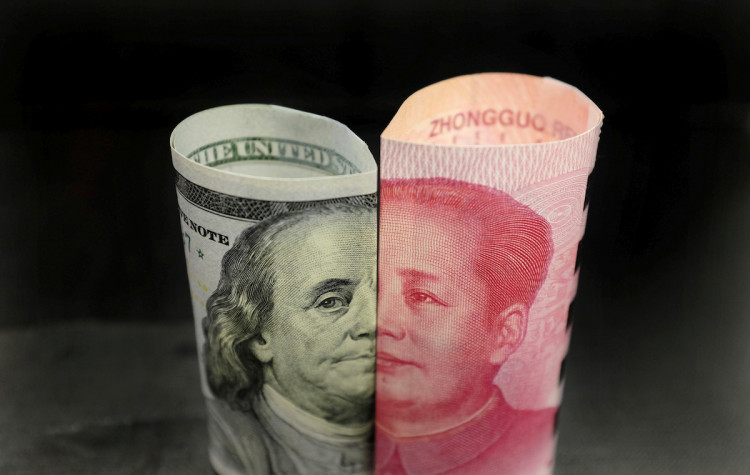China is expected to ease down more compared to the US in terms of outbound tourism over the next five years under a scenario of heightening trade friction between the two largest economies in the world, according to a report by Euromonitor International.
In a study released on Wednesday, the volume of Chinese travelers going overseas is forecast at 160 million by 2024, instead of an upside potential of 165 million without an economic headwind.
About 135 million Americans will be seen flying abroad by 2024, or just 1 million less than a no-trade conflict scenario, it said.
The hypothetical analysis is based on growing U.S. trade tariffs on Chinese imports by 15-25 percentage points and a retaliating China by imposing higher rates on all U.S. products that are limiting foreign activities in the Asian country.
Euromonitor sees it playing out as a 28 percent chance. "With respect to the impact on gross domestic product and relative price rates, the US is less impacted by the trade war than China is," said Caroline Bremner, Euromonitor's travel industry director, in an email interview.
She stressed that on Chinese outbound travels, indicators of slower growth and a fall in the yuan could further weigh.
China's economy has risen 7 percent in the last year, the slowest pace since records began in March 1992, and its manufacturing engine is stuttering on the heels of an export downturn.
Since the beginning of 2018, the yuan has fallen more than 7 percent against the US dollar, rendering holiday abroad more costly. In August, China was officially labeled by the US Treasury as a currency manipulator.
In contrast, persistent geopolitical tensions between the two countries have cooled business confidence and development, affecting the spending power of customers over the past year.
As the US limited steel and aluminum imports from China in early 2018, both countries have been following up with higher tariffs on goods.
Despite efforts to find an understanding, the damage has reverberated, raising concerns of depression. Last month, the International Monetary Fund lowered its global economic growth outlook to 3 percent for the current year, representing the slowest development since the global financial crisis.
Since then, China has stepped up initiatives to promote domestic travel and investments to prevent further damage to the economy which, somehow, is working.
According to Euromonitor, the number of domestic trips, which have already risen in the past five years, could grow from an approximate 5.3 billion this year to 7.5 billion in 2024.





